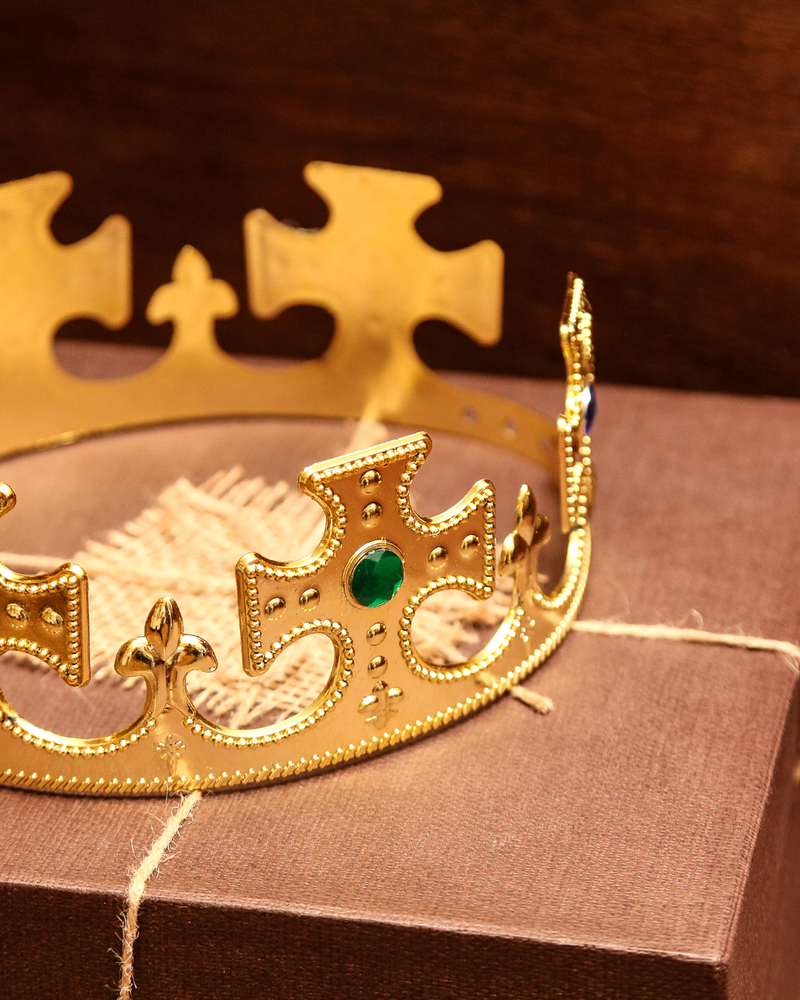
This past week, I have seen a social media post pop up a few times which says essentially – show me where a person spends their time and money and I will tell you who their god is. Show me where a person spends their time and money and I will tell you who their god is. What do we think? Are we up to this challenge? Are we willing to reflect on how we spend our time and resources and consider what this says about who we are? (Discuss this with them recognising that in this congregation there are volunteers for the clothing cupboard, and many will have worked at the market the day before.)
Truthfully, many of us do spend our time well. This doesn’t mean that there isn’t place for improvement. What if we take a closer look at how we spend our resources, our money? That can be challenging given the pressures, expectations, and priorities that surround us. We are currently bombarded with the temptations of Black Friday sales and the pressure to buy for Christmas. We are deeply aware of the commercialisation that has become central to the Christmas season to the point that society needs to be reminded that Jesus is the reason for the season and to put Christ back into Christmas. What does it look like to center God in our choices as we prepare for Christmas? How do we allow Christ to Reign in our hearts this season? (Give opportunities for sharing)
Show me where a person spends their time and money and I will tell you who their god is. People’s priorities and perspectives are revealed in how they behave, the choices they make, the attitudes they convey towards others. Churches have an important role to play in shaping those priorities.
Truthfully, it is not an accident that we are celebrating the Reign of Christ right now. In fact, as a holy day, this celebration is actually only 100 years old. That places its creation at an important time in world history, a time when people were changing how they used their time and money, changing their sense of what and who they worshipped, who god is for them.
Part of problem was what was happening in Germany where the country was trying to rebuild after a world war, trying to regain its dignity, trying to reassert its power and privilege. In the process, people bought into distorted views on who was to blame for their troubles and idolised those who claimed they could make life better for them. This shifted how they engaged with the world – where they chose to spend their time and money, the god they ultimately worshipped. On the other side of the issue was the roaring 20s and its various indulgences.
In response to growing secularism and ultra-nationalism, Pope Pius XI instituted the Feast of Christ the King in 1925. This transformed the celebration of the Jubilee year into one that challenged people to center Jesus as the One who Reigns in our lives. Jesus, the shepherd, the righteous branch of David, the forgiver of sins, the visible of the invisible God, the Head of the Church, the Firstborn from the dead, the author of our salvation, by reminding us through our readings and worship today of who Jesus is for us, we are challenged to consider how we keep Jesus at the heart of how we choose to use our gifts, our time, talents, and treasures not only as we prepare for Christmas, but in every moment of every day.
Reign of Christ Sunday continues to be relevant a century after it was introduced. We need to continually remind ourselves that the choices we make about how we spend our time and money say something not only about our priorities but about who and what we worship. In a time when society continues to get distracted by idols and ideologies may we keep finding ways to turn our focus back to Jesus and trust in all the ways that he guides and leads us to choose what is right and good. This we pray as we sing: The Kingdom of God is the Queerest of Nations
